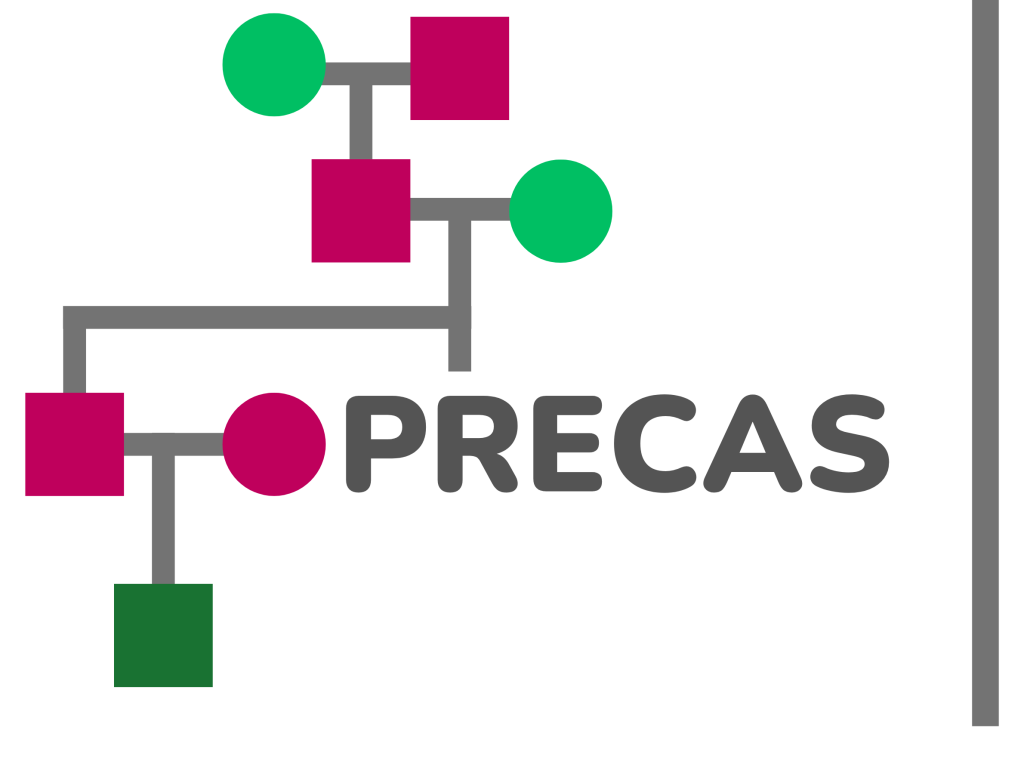
Contemporary ideas about genetic inheritance powerfully shape our shared understandings around family, health, risk and population and as such the personalisation of medicine and healthcare on genomic grounds is gathering pace in the UK and globally. Within the context of reproduction, a new form of genetic risk profiling – ‘expanded carrier screening’ (ECS) – is being rolled out and is targeted at ‘healthy’ prospective parents to inform them of their joint risk of transmitting a large range of recessive genetic disorders to their future offspring. This innovation marks a significant departure from existing forms of reproductive genetic testing because unlike other interventions, it takes place before a couple have even tried to conceive a child; shifting the focus of genetic decision-making from the post-conception pregnant body to the realm of pre-conception. Moreover, ECS is targeted at any and all couples, not just those with a known risk of carrier status.
Internationally, ECS is being rolled out via a variety of routes, including public health care systems and private providers. In the UK, it is currently being offered ‘direct to consumer’ by a range of companies as well as via fertility clinics. However, while demand for ECS is gathering pace, little is known about its implementation and the social, economic, ethical and policy questions it raises. Evidence is urgently required about how ECS interfaces with existing preconception services and screening, how it is marketed, how or if it should be regulated, the experiences of couples who might use it, and its implications for individuals and society. Developed using expertise in medical sociology, science and technology studies, empirical bioethics and political economy, this collaborative and multi-method project aims to investigate the emergence of ECS for preconception use amongst the general population, and its wider implications. It will provide much-needed evidence to develop theory, stimulate debate and shape forthcoming regulatory approaches to policy generation in this novel field in the UK and internationally.
Our objectives are:
- Using systematic scoping methods, situate the emergence of ECS as a novel reproductive screening technology within the UK policy and practice landscape.
- Using novel mapping techniques and frame analysis, examine how ECS is provided in the UK; and explore the cultural logics on which its marketing draws.
- Using in-depth interviews, generate original and timely evidence on prospective parents’ motivations, moral repertoires, reproductive decisions and experiences with ECS.
- Using in-depth interviews, explore how ECS is perceived by providers and is being implemented in the UK reproductive and preconception landscape.
- Using a range of co-production methods and activities, use evidence about ECS to inform public debates and policy developments in the UK and internationally.



